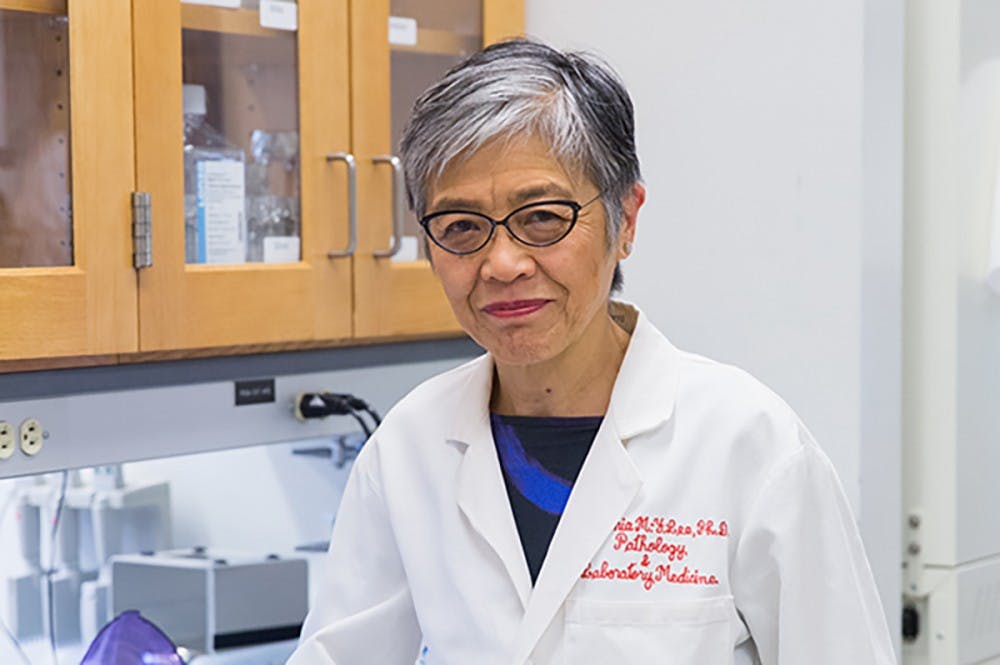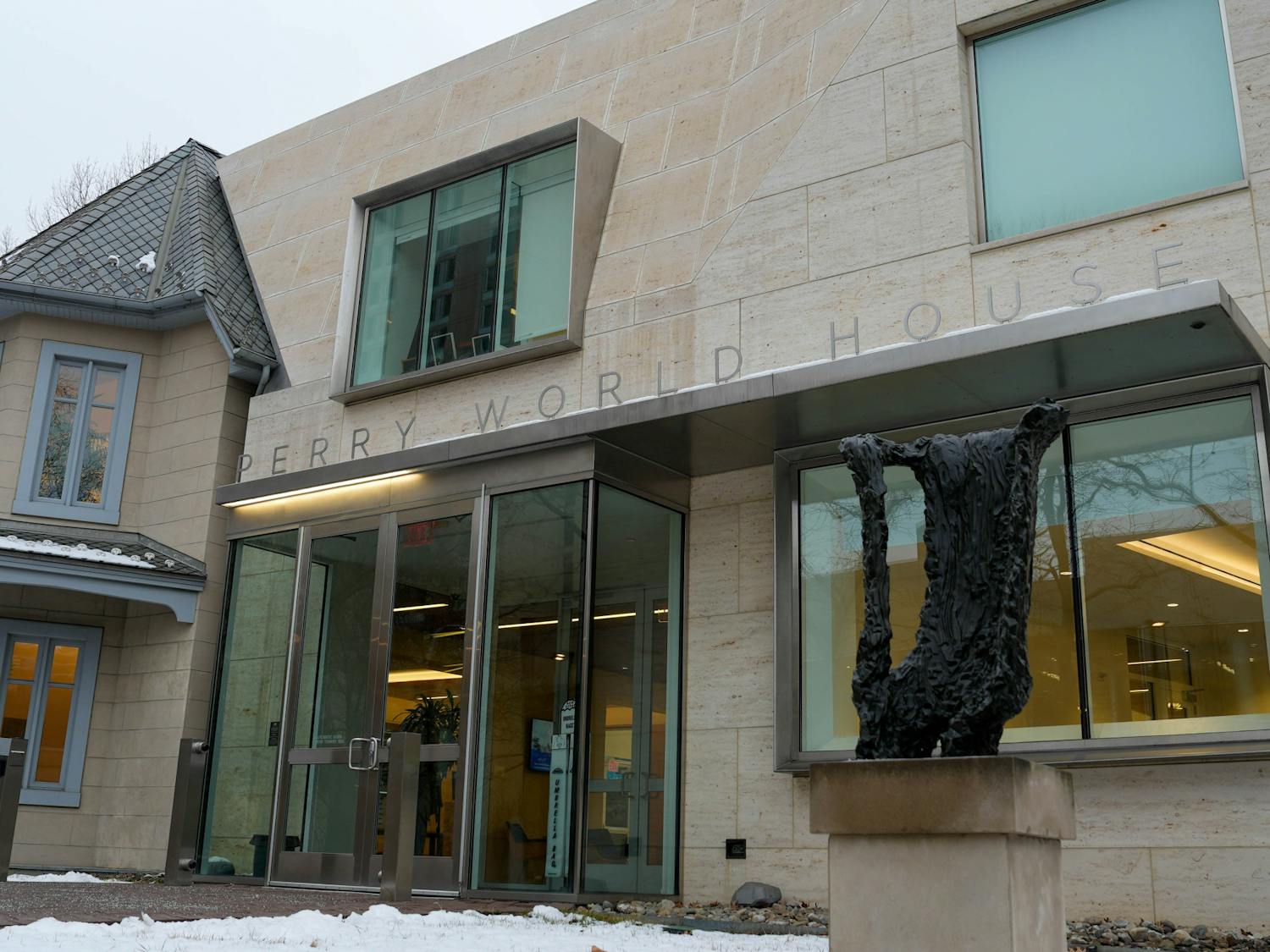Penn researcher Virginia M.Y. Lee won the $3 million Breakthrough Prize in Life Sciences for her lifetime work in understanding how misfolded proteins can spread through cells, leading to the progression of diseases like Alzheimer’s, Parkinson’s, and ALS, otherwise known as Lou Gehrig's disease.
The Breakthrough Prizes are known as the “Oscars of Science," and were sponsored by Sergey Brin, Priscilla Chan and Mark Zuckerberg, Ma Huateng, Yuri and Julia Milner, and Anne Wojcicki, according to the Breakthrough Prize’s website.
Lee is the John H. Ware 3rd Professor in Alzheimer’s Research in the Department of Pathology and Laboratory Medicine at the Perelman School of Medicine. She is also the director of the Medical School's Center for Neurodegenerative Disease Research.
Lee was honored for her research focusing on proteins that affect the progression of Alzheimer’s and other neurodegenerative disorders.
According to the website, specific proteins called tau proteins create a tangle within brain cells of Alzheimer’s patients. Lee, however, showed in 1991 that these tau proteins themselves prevent neurons from firing, and found similarities in this entanglement associated with Parkinson’s and ALS.
Lee also later discovered that the way in which the misfolded proteins spread through nervous system cells could explain disease progression, and invented a “protein roadmap” to explain this transmission and to clearly illuminate how degeneration occurs.
Last year, Lee published a breakthrough study that showed when different misfolded proteins appear in different cells, they lead to distinct neurodegenerative diseases. Lee showed that distinct aggregations of these proteins were found in Multiple System Atrophy and Parkinson’s disease.
This is the eighth iteration of the Breakthrough Prize, which in addition to being awarded in the category of Life Sciences, is also presented in Fundamental Physics and Mathematics. A total of $21.6 million was awarded this year.
RELATED:
Penn Med prof. Katherine Nathanson receives $3 million grant for cancer research
Penn Medicine researchers find five new genes that increase risk of Alzheimer's disease
Lee and other winners will attend a gala awards ceremony on Nov. 3 at NASA's Ames Research Center in California.
“It is an honor to receive such a prestigious award, and this funding will help us as we continue to push for a greater understanding of these diseases that can ultimately help us find ways to help millions of these patients," Lee told Penn Medicine News.









